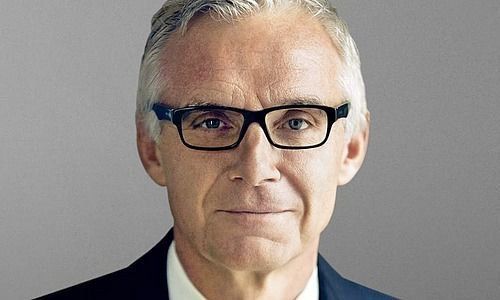UBS Crown Prince
The private banker's open ambition was a bitter pill for the CEO, who made it clear that he would stay put to enjoy the fruits of his laborious three-year revamp of Credit Suisse. By contrast, Khan, with Rohner's blessing, had asked for clarity on his career path, or demanded a guarantee the CEO job was his eventually (interpretations differ here).
The run-in deeply offended Thiam: the proud and often peremptory CEO was also enjoying his victory lap, and didn't care to be outdone by a far younger underling.
First Choice Spurned
But Khan did just that, with the attention on his unprecedented fast move from one C-suite to the other focused on when, not if, he would inherit UBS CEO Sergio Ermotti's job.
The exit sparked yet another run-in between Thiam and Rohner. Khan's successor at Credit Suisse's private bank, Philipp Wehle, wasn't Thiam's first choice; the CEO suffered the indignity of having his favored candidate turned down by his board (Credit Suisse didn't comment).
Chairman's Choice
In the constant brinkmanship between Credit Suisse's chairman and CEO, the Khan drama amounted to a win for Rohner. Despite his influential role in the star banker's exit, Rohner emerged holding most of the trump cards.
The findings of Credit Suisse's investigation into the spy kerfuffle, through an outside law firm, will bypass Thiam and land directly with Rohner in five to ten days. Rohner's job is to shield Credit Suisse's reputation from fallout – probably with consequences for one or more staff.
Reporting by Peter Hody, Jeffrey Voegeli, Katharina Bart
- << Back
- Page 2 of 2




































